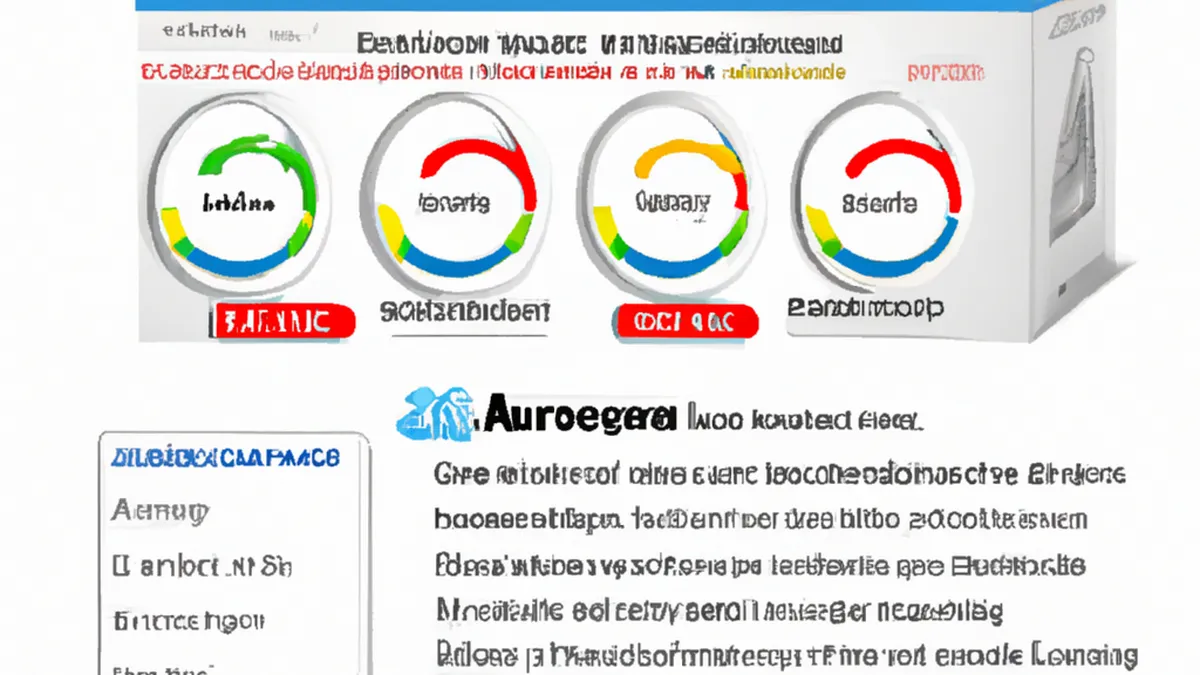Coaches: Elevate Your Game with Nutrition Knowledge
The Importance of Nutrition Education for Coaches
Coaches significantly influence athletes’ development. They guide athletes through training, technique, and mental strength. Nutrition often receives less attention than physical training. However, coaches must understand nutrition to help athletes achieve optimal performance and health. An informed coach can shape an athlete’s diet, impacting performance outcomes.
Why Nutrition Matters
Nutrition forms the foundation of athletic performance. It fuels the body, aids recovery, and supports overall health. Proper nutrition helps athletes achieve goals and reduces injury risks. Carbohydrates provide energy during training, while proteins support muscle repair and growth. Vitamins and minerals also play vital roles in bodily functions, including immune support. A balanced diet tailored to athletes’ needs enhances their performance. Coaches’ knowledge of nutrition proves essential in this process.
Tips for Coaches on Nutrition Education
1. Stay Informed
Nutrition research constantly evolves, with new studies emerging regularly. Coaches should keep updated on the latest trends and evidence-based practices. Following reputable sources like scientific journals and registered dietitians enhances a coach’s credibility. Attending workshops and conferences on sports nutrition provides valuable insights and networking opportunities.
2. Encourage Balanced Diets
Coaches must promote balanced diets rich in various nutrients. A well-rounded diet includes carbohydrates, proteins, healthy fats, vitamins, and minerals. Educating athletes on the importance of these nutrients helps them understand food choices’ impact on performance. Coaches should highlight whole foods like fruits, vegetables, lean proteins, whole grains, and healthy fats over processed foods.
3. Understand Individual Needs
Each athlete has unique nutritional needs based on age, gender, body composition, and training intensity. Coaches should recognize these differences and encourage personalized diets. Tailoring nutrition plans optimizes performance and health. For instance, a sprinter may need more carbohydrates, while a weightlifter may require extra protein.
Practical Advice for Implementing Nutrition Education
1. Create Meal Plans
Coaches can design meal plans tailored to athletes. They should consider training schedules, personal preferences, and dietary restrictions when creating these plans.
Conclusion
Nutrition education empowers coaches to enhance athletes’ performance and health through informed dietary choices.
Below are related products based on this post:
FAQ
Why is nutrition education important for coaches?
Nutrition education is crucial for coaches because it enables them to guide athletes in making informed dietary choices that enhance performance and health. Understanding nutrition helps coaches shape athletes’ diets, which can significantly impact their training outcomes and recovery processes.
What are some key components of a balanced diet for athletes?
A balanced diet for athletes should include a variety of nutrients, such as carbohydrates for energy, proteins for muscle repair and growth, healthy fats, vitamins, and minerals. Emphasizing whole foods like fruits, vegetables, lean proteins, and whole grains is essential for optimal athletic performance.
How can coaches tailor nutrition plans for individual athletes?
Coaches can tailor nutrition plans by considering each athlete’s unique needs based on factors like age, gender, body composition, and training intensity. By recognizing these differences, coaches can create personalized meal plans that optimize performance and support individual health goals.















Post Comment